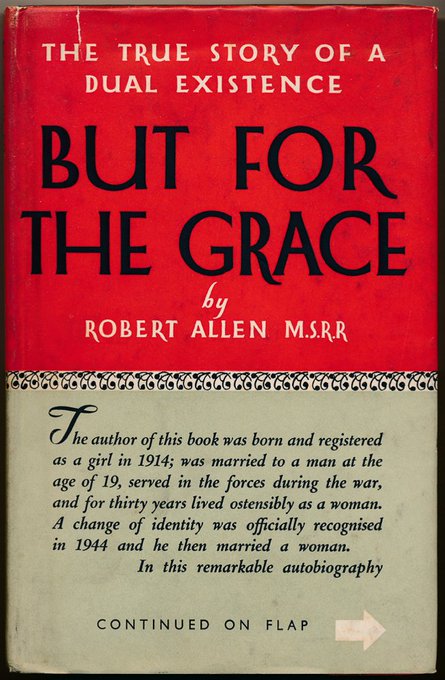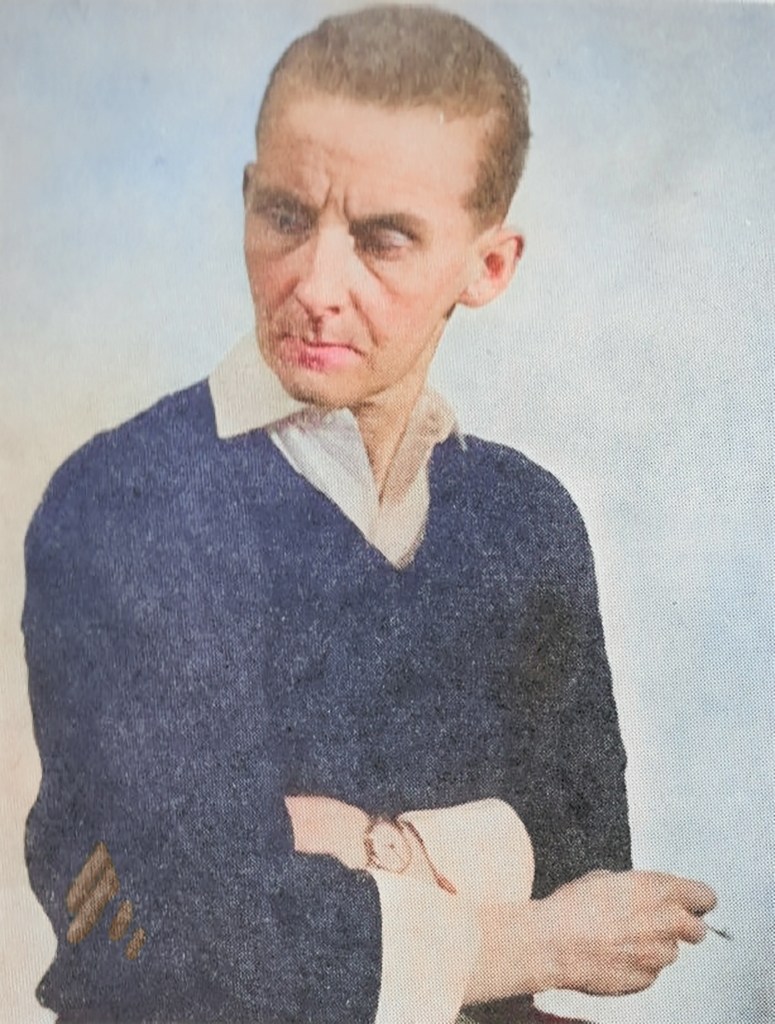
Royal Liver Building, Liverpool
(Thanks to Angel for the write up – with some additional notes by Tony)
Today we ‘seniors’ came to the Royal Liver Building in the vibrant city of Liverpool. The building, completed in 1911, was Britain’s first skyscraper and represents the opulence of a city that was the main port for export to half the world of the first textiles, made in factories in Manchester and across the English Northwest. The building is more than 100m high and was one of the first in the world built with concrete.
At the top of the two domes are two birds (Liver Birds), which have become the symbol of Liverpool. One, female, looks at the sea, welcoming ships entering Liverpool and the other, male, looks at the city, protecting it. The birds are each 5.5m tall and were the work of a German sculptor, based in Liverpool, who was later arrested and deported during the war.

The front tower has four clocks, which at 25 feet in diameter, are larger than London’s famous Big Ben. They also have the peculiarity that their mechanism is electronic. They are arranged so that navigators entering the Mersey from the Irish Sea can see the time from every angle. The clocks began ticking on 22 June 1911 at 1.40pm, just as King George V was crowned at Westminster Abbey in London.
Before the clocks were installed, a gala dinner was held for Royal Liver executives and civic dignitaries, with one of the clock faces being used as the dining table!
We took the lift to the tenth floor and then climbed over 130 steps to the fifteenth floor near the dome, to enjoy magnificent breathtaking views of the River Mersey and the beautiful city of Liverpool.
Throughout history the Liver Birds have affectionately been named Bella and Bertie. Legend says that if they were ever to fly away the city would cease to exist.
More photos can be seen here.

Robert Allen
Robert Allen (1914 – 1997) was a quiet trans man. He didn’t seem the type to make headlines. After transitioning in 1943 he was among the first in the UK allowed to legally change sex.
He changed his name from Joyce to Robert in 1944 when he produced medical evidence to prove he was listed as a girl at birth by mistake and reared that way.
From a newspaper cutting in 1944:
“Second Time on Honeymoon: First as Groom!
Robert Allen honeymooned for the second time today. This time as a bridegroom. The last time he was the bride.
Allen was brought up as a girl and married a coal dealer in 1938. The marriage was annulled soon afterward.”
We weren’t able to find out what happened to this second marriage, but his 1957 marriage was front page news.

In the Daily Mirror of 30 August 1957:
“A groom for the second time, and – He was once a bride
Allen’s bride is the former Doreen Mortimore, a nurse he met while working as a radiologist. They were married Thursday by the Rev B H Seckett, whose wife said he was “stunned” when he learned of Allen’s background after the ceremony.”
However, a sister at Crossley Hospital – a close friend of the bride and groom – said: “Everyone here knows that Mr Allen had announced a change of sex. Certainly Doreen knew of it. But no one seemed to worry about it.”
There are few photos of him but these have been colourised. The colourisation process is never 100% accurate. Some colours are mistaken for others, particularly in older photos of lower quality. These photos were not edited outside colourisation (tone, shade and hue), enhancements (increased pixels and decreased grain), and restoration (digitally filling in small cracks, tears etc with similar content). Colourisation takes careful consideration of ethics and historicity, making sure not to rewrite the past.


Allen published his autobiography in 1954, “But for the Grace: The True Story of a Dual Existence.” There is contradictory reporting on Robert – he did not take hormones or have surgery. Was he intersex or simply found a sympathetic doctor? Regardless, he lived a long and happy life.
He shouldn’t be forgotten.

Veteran trans campaigner: ‘Cass review has potential for positive change’
Stephen Whittle talks about life for young trans people in the 1970s and now, and the influence of ‘anti-trans’ views today.

When Stephen Whittle transitioned as a teenager in 1975, he was one of only a handful of young people in the UK to be offered hormone treatment and, later, surgery.
Almost half a century later – much of it spent fighting for trans rights – he said there was “masses” he agreed with in the review of the NHS’s gender identity services by Hilary Cass. He said he also believed the report had been influenced by groups and individuals with “transphobic” views, and said the “potential for positive change must be backed with resources”.
Whittle, emeritus professor of equalities law at Manchester Metropolitan University, has become one of the UK’s leading advocates for trans rights and has advised governments around the world. Now 68, he views the issues raised in the Cass report with the perspective of decades of personal and professional experience.
He said that as a child “I had no doubt that something was deeply wrong – and I had no doubt what it was”. At one particular school sports day “there were boys’ races and girls’ races, and I suddenly realised that I was always going to be in the wrong race”.
After a couple of suicide attempts – “I had no doubt that I couldn’t live as the person people thought I was meant to be” – Whittle was finally seen by a sympathetic doctor. He was offered testosterone, followed four years later by surgery.
“My father, who was quite a Victorian man in his attitudes, said: ‘We’ve been waiting for this since you were two’. Ninety per cent of people said it made sense. But from strangers or people who barely knew me, there was a lot of discrimination and prejudice. I had sexual and physical assaults in the street, and I lost job after job. None of it was easy.”
Soon after he transitioned, Whittle met his life partner, Sarah, with whom he has four children. “I hadn’t had surgery at that point, but she never had any doubt that I was the man she saw and knew.”
In the mid-80s, Whittle went to night school and studied for a law degree. He co-founded Press for Change, which campaigned for trans rights, and in 2005 was awarded an OBE for services to gender issues.
He said young trans people today faced “different challenges” to those he experienced. “Getting a job and keeping it is easier for them. But what’s really difficult is (social media). Online can be a hateful place.”
As a teenager questioning his gender, and later as a trans adult, he said he was very isolated, and worked hard to establish supportive networks of people who met regularly. Now, it was easier to find people going through similar experiences online, but harder to maintain in-person contact.
There was also a greater willingness to explore gender issues than there had been 50 years ago. “You have people at a much younger age asking, ‘Am I trans?’ And then there are those who simply know they belong in a different body.”
The Cass report identified multiple problems with gender identity services, he said. “Underfunding, staff overwhelmed, records not properly kept, mental health services in need of massive improvement. But I also think you can see the fingerprints of transphobia on the report.”
Some organisations he described as anti-trans had undue influence on government and officials, he said. “Since 2010 I’ve not been included in one conversation with government, none of us have. But these other people are sitting round the table and enjoying their power. I think aspects of the Cass report were heavily influenced by the fear of these people and pressure from them.”
Much of what happened after the Cass review would depend on a willingness to provide services with proper resources and offer “a lot of talking therapy” for individuals. “Cass has the potential for positive change but it has to be backed up with significant funding,” he said.


Sexuality Summer School 2024: Queer Friendship and Other Intimacies
Monday 27 May – Friday 31 May 2024
This year, the Sexuality Summer School returns with the theme ‘Queer Friendship and Other Intimacies’, which will bring into focus how new forms of friendship, kinship, activism and creative collaboration have emerged in queer, feminist and trans lives and politics. We shall explore how these have generated enduring affiliations and deep attachments – as well as conflicts, frustrations and disappointments – in both the past and in the present; and we shall trace their emergence in research and writing, film and performance, as well as in activist and mutual aid networks that respond to today’s ‘care crisis’.
Public Events Programme:
Monday 27 May, 12.00pm – 2.00pm
Opening Public Lecture: ‘Partner Uncoupled: Queer Theories and Methods for Sustaining Kinship’
Teagan Bradway, author of Queer Experimental Literature: The Affective Politics of Bad Reading (2017) and co-editor (with Elizabeth Freeman) of Queer Kinship: Race, Sex, Belonging, Form (2022).
With an introduction by Dr Monica Pearl, ‘On Queer Friendship’
Venue: The Anthony Burgess Foundation, 3 Cambridge Street, Manchester M1 5BY
No booking required, all welcome.
Monday 27 May, 6.00pm – 8.30pm
Film screening and discussion: After Louie (2018)
Q&A with director Vincent Gagliostro, Monica Pearl, Nathaniel Hall, chaired by Jackie Stacey
Venue: HOME, 2 Tony Wilson Place, Manchester M15 4FN
Booking required: Click here to book.
Tuesday 28 May, 7.00pm – 8.30pm
Live Performance: The Last Show Before We Die
By the Hotter Project (Ell Potter and Mary Higgins)
Venue: Queer Lit, 27 Great Ancoats Street, Manchester M4 5AJ
Booking required: Click here to book.
Wednesday 29 May, 12.30pm – 2.00pm
Roundtable Discussion: ‘Queer Friendship and Activism’
Speakers: Monica Pearl, Will Nutland, Hafsa Qureshi, Yvonne Richards Cooper, chaired by Jackie Stacey
Venue: Queer Lit, 27 Great Ancoats Street, Manchester M4 5AJ
No booking required, all welcome.
Wednesday 29 May, 6.30pm – 8.15pm
Book Launch: Jason Okundaye‘s Revolutionary Acts: Love and Brotherhood in Black Gay Britain (2024 Faber)
Jason Okundaye will be in conversation with Jess White.
Venue: Blackwell’s Bookshop, University Green, 146 Oxford Road, Manchester M13 9GP
This event is co-sponsored by the Centre for New Writing (University of Manchester)
Booking required: Click here to book.
Thursday 30 May, 12.30pm – 2.00pm
Roundtable on ‘Queer Friendship and Academic Collaborations’
Celebrating the publication of The Richard Dyer Reader with Richard Dyer, and co-editors Glyn Davis and Jaap Kooijman, chaired by Jackie Stacey
Venue: SALC Graduate School Seminar Room C1.18, Ellen Wilkinson Building, The University of Manchester M15 6JA
No booking required, all welcome.
Thursday 30 May, 6.00pm – 7.30pm
‘Intellectual and Other Intimacies’: Heather Love and Christina Lupton in conversation with Monica Pearl, chaired by Jackie Stacey
Venue: SALC Graduate School Seminar Room C1.18, Ellen Wilkinson Building, The University of Manchester M15 6JA
No booking required, all welcome.
